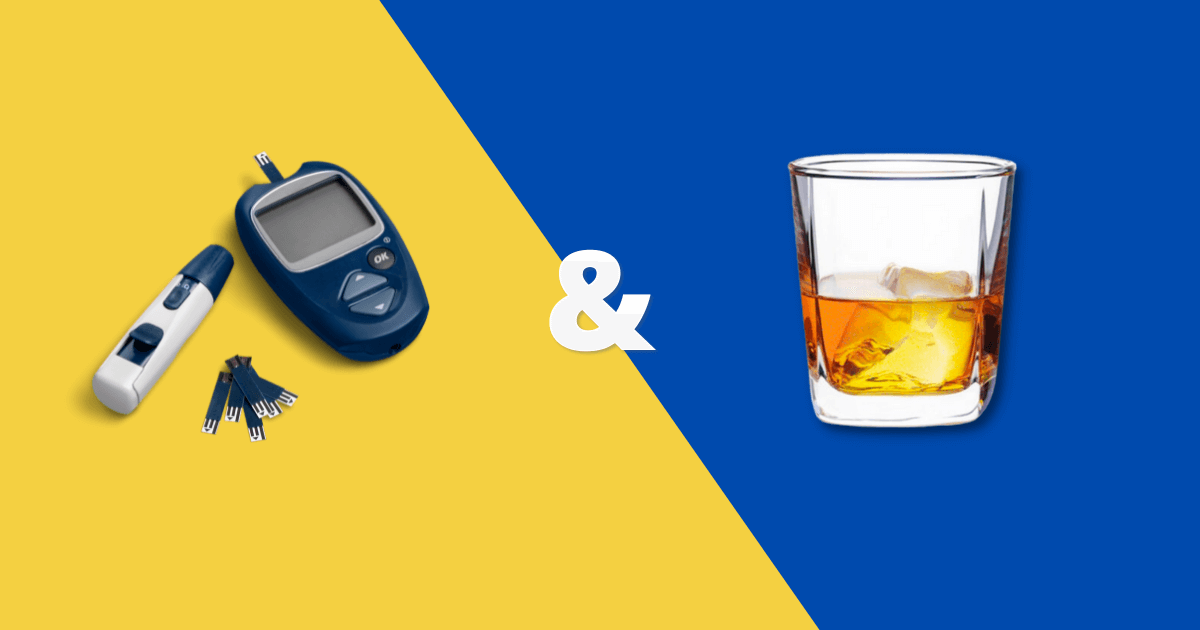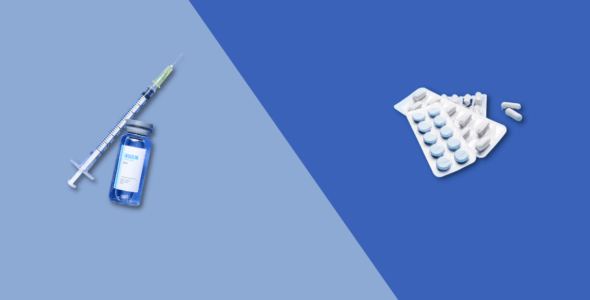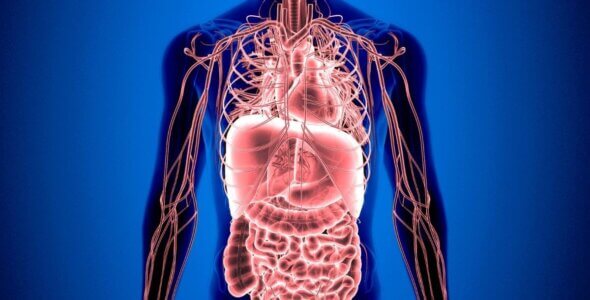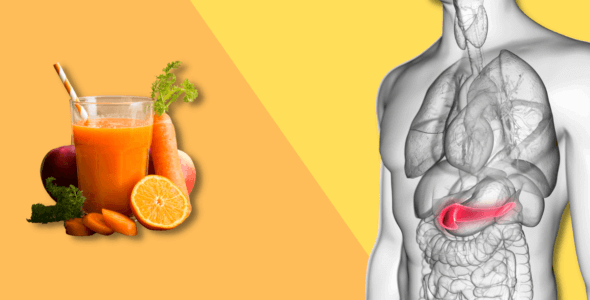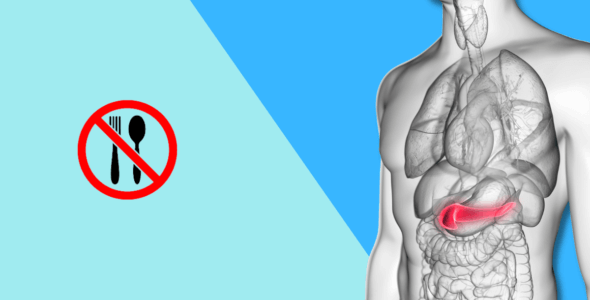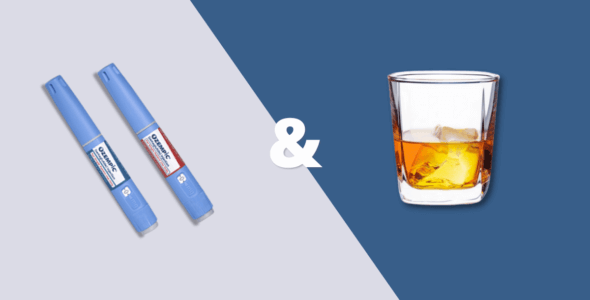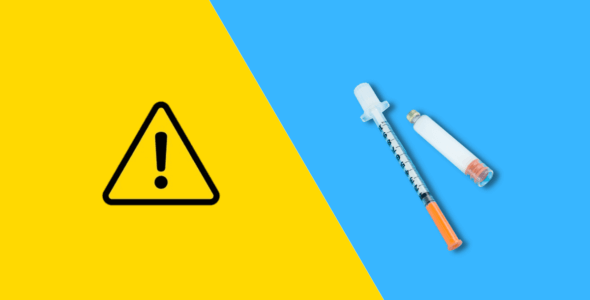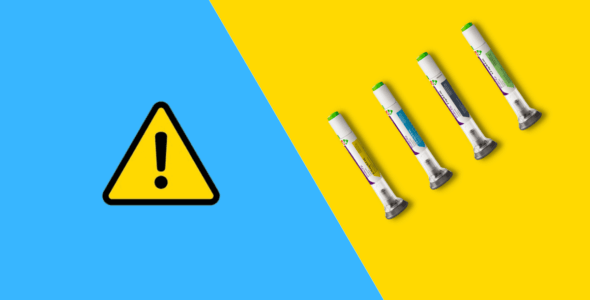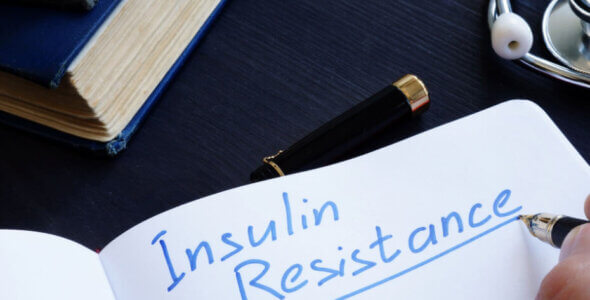Alcohol and diabetes
Table of contents
After a diabetes diagnosis, some people decide to give up alcohol but this will not suit everyone. It is important to follow some rules if you decide to drink alcohol. Alcohol can make some of the complications of type 1 diabetes and type 2 diabetes worse. Understanding what you are drinking and how alcohol changes your blood glucose levels is particularly important when you have diabetes.
The American Diabetes Association recommends you ask yourself three questions before drinking alcohol with diabetes:
- Is my diabetes in good control?
- Does my doctor agree that I can have alcohol?
- Do I know how alcohol can affect me and my blood sugar?
How alcohol affects diabetes
Alcohol interacts with diabetes medications causing low blood sugar (hypoglycemia). When you drink alcohol your liver will choose to remove the alcohol in your body over maintaining your blood sugar level leading to hypoglycemia. Low blood sugar makes you drowsy, confused and causes difficulty walking which are also signs of being drunk. The confusion of being drunk or hypoglycemic can be very unsafe. A low sugar episode (hypoglycemia) could go unnoticed if you are drunk. Moderate amounts of alcohol may cause blood sugar to rise but excessive alcohol can actually decrease your blood sugar levels.
Alcohol is an appetite stimulant, so you may end up eating more calories and making less positive food choices. The calorie content of alcoholic drinks can be high and the nutrient content low, leading to an increase in calorie intake and weight gain.
Alcohol can also play a part in diabetic nerve damage, diabetic eye disease, and high blood triglycerides leading to complications.
Alcohol-induced hypoglycemia
Normally, the liver releases glucose to maintain blood sugar levels. When you drink alcohol your liver works to remove the alcohol from the blood instead of stabilizing your blood sugar levels. This can lead to dangerously low blood sugar levels in the body when you are a diabetic.
Symptoms of low blood sugar are similar to the symptoms of too much alcohol:
- Drowsiness
- Confusion
- Lack of coordination
- Passing out
In the long run, it is a sensible idea to inform friends and family about your diabetes so they do not mistake these symptoms for you simply being drunk. If you pass out those around you need to know that this is a medical emergency.
Your liver takes roughly 1 to 1.5 hours to break down 1 alcoholic drink. For that entire time, your risk of low blood sugar exists. Imagine if you have two drinks, the time is doubled to 2-3 hours, that you are at risk for low blood sugar levels. In short, the more alcohol you drink the higher the risk for dangerously low blood sugar levels.
How to drink alcohol safely
Some tips to stay safe while drinking alcohol:
- Drink moderately. The American Diabetes Association describes moderate drinking as 1 drink for women per day and two drinks for men per day. One drink is equal to 1 1/4 oz of liquor, 12 oz of beer, or 5 oz of wine.
- Drink alcohol with or just after food. The meal or snack should contain carbohydrates. Food slows down the rate at which alcohol is absorbed into the bloodstream.
- Keep track of the amount you are drinking.
- Track the alcohol and sugar content of your drinks.
- Drink slowly and pace yourself.
- Check your blood sugar levels before, during, and after drinking. You will have a clearer idea of how your body is responding.
- Inform the people you are drinking with about your diabetes. The people around you need a good understanding of your condition to help you if needed.
- Wear a medical alert piece of jewelry that says you have diabetes. This will inform people around you immediately about your condition in an emergency.
What can I drink?
The best types of alcohol for people with diabetes are those with low sugar or carbohydrate content, some examples are shown below. Remember that it is not just sugar that interferes with your blood sugar levels but the alcohol itself. Moderation is the key. You must be aware that continuing to drink while struggling with diabetes can be detrimental to your health.
- Low carb beer options such as; Miller Light (3.2 grams of carbs per 360ml bottle), Corrs Light (5 grams of carbs per 360ml bottle), Bud light (4.6grams of carbs per 360ml bottle), and Busch Ice and Busch Light (4.2 and 3.2 grams carbs respectively).
- Red wine has a high antioxidant content which can provide heart health benefits. A 150ml serving of red wine gives 3.8 grams of carbs.
- White wine, particularly champagne has a low carb content. The brut variety gives 1.7grams of carbs per 150ml and the extra brut contains 0.8grams of carbs per 150ml drink.
- Hard liquors such as gin, vodka, rum, and whiskey when consumed on their own contain zero grams of carbs. If they are consumed with sugary mixers or sodas they can increase your blood sugar.
- Traditional cocktail recipes are loaded with syrups and sugar making them unsuitable for diabetics. If cocktails are your drink of choice then opting for low sugar varieties will be better. A Martini made by mixing gin or vodka with dry vermouth in a 2-to-1 ratio will provide 0.2 grams of total carbs per 120-mL drink. A Vodka soda using club soda, or seltzer containing zero carbs is another option for cocktail lovers.
Before drinking you should know what a serving size is and how many calories and carbohydrates are in that serving. According to the USDA, the table below lists the calories and carbohydrates in commonly chosen alcoholic beverages:
| Beverage | Serving size | Carbohydrate (grams) | Calories |
|---|---|---|---|
| Beer | |||
| Regular beer | 12 oz | 13 | 150 |
| Light beer | 12 oz | 5 | 100 |
| Non-alcoholic beer | 12 oz | 12 | 60 |
| Wine | |||
| Dry White, Red, Rose | 4 oz | trace | 80 |
| Sweet wine | 4 oz | 5 | 105 |
| Wine cooler | 12 oz | 30 | |
| Sparkling Wines | |||
| Champagne | 4 oz | 4 | 100 |
| Sweet kosher wine | 4 oz | 12 | 132 |
| Distilled Spirits | |||
| 80 - proof Gin, Rum, Vodka, Whiskey, Scotch | 1.5 oz | trace | 100 |
| Dry Brandy, Cognac | 1 oz | trace | 75 |
| Cocktails | |||
| Bloody Mary | 5 oz | 5 | 116 |
| Daiquiri | 5 oz | 10 | 281 |
| Gin & Tonic | 7.5 oz | 16 | 170 |
| Manhattan | 2 oz | 2 | 178 |
| Margarita | 6 oz | 29 | 205 |
| Martini | 2.5 oz | trace | 156 |
| Pina Colada | 4.5 oz | 32 | 245 |
| Whiskey Sour | 3.5 oz | 14 | 162 |
| Mixers | |||
| non-caloric mixers (mineral water, sugar0free tonic, club soda, diet soda) | any | 0 | 0 |
| Tonic water | 4 oz | 11 | 41 |
| Tomato juice, Bloody Mary mix | 4 oz | 5 | 25 |
| Juice ( orange, grapefruit, pineapple) | 4 oz | 15 | 60 |
Alcohol and diabetes FAQs
Can drinking alcohol cause diabetes?
Excessive alcohol intake increases your chance of developing chronic inflammation of the pancreas called pancreatitis. This condition leads to permanent damage to the pancreas and its ability to manage the production, storage, and release of insulin. Pancreatitis can harm the ability of the pancreas to secrete insulin, which can potentially lead to type-2 diabetes. However, there are several other risk factors for type 2 diabetes including, your family history, age, and ethnic background. You are also more likely to develop diabetes if you are overweight. If you’re planning to drink alcohol and you have diabetes, aim to always stay within the recommended guidelines. This is the safest way to drink alcohol.
Can I drink alcohol while taking metformin?
When alcohol and metformin are taken together two things may happen to you; hypoglycemia or lactic acidosis. The symptoms of hypoglycemia may be life-threatening if not picked up quickly as they can be confused with being drunk. Lactic acidosis is rare but can result in a build-up of lactic acid in the body causing damage to the heart, kidneys, lungs, and blood vessels.
You should avoid the combination of metformin with excessive alcohol. Moderate drinking of 1 drink for women per day and two drinks for men per day is a sensible option when taking metformin.
Is red wine ok for diabetics?
Red wine is ok for diabetics, but moderation is the key. Red wine has been shown to reduce heart disease with well-controlled type 2 diabetes. In one study the participants were given either one glass of red wine, one glass of white wine, or a glass of water each day for 2 years. They were asked to follow a Mediterranean diet and ignore calorie intake. At the end of the study, in comparison to the other groups, the red wine group had lower cholesterol levels and higher levels of good cholesterol (HDL), which we know is better for your health.
What alcohol is the lowest in sugar?
Tequila, gin, vodka, brandy, whiskey, and rum are the lowest in sugar. Spirits can be seen as sugar-free because they contain zero carbs. They are drunk in small volumes so the calorie content of these drinks is low. Mixers such as fizzy drinks change the sugar content of spirits, something you need to watch out for. Drinking spirits neat, in moderation, is your best option!
What beer has no sugar?
Beers are generally low in sugar and contain oligosaccharides which is a type of sugar the body finds difficult to break down. The flip side is they tend to be high in calories and high in carbohydrates. Beers differ in sugar content depending on their differences in the fermentation process. For example, regular beers tend to be sugar-free, light beers have around 1 gram of sugar per can and non-alcoholic beers tend to usually have the highest sugar content of all.
Medically reviewed
A medical professional has reviewed this article.


Jamie Winn, PharmD
Jamie Winn, PharmD
Dr. Jamie Winn received his Doctor of Pharmacy in 2002 from the University of South Carolina College of Pharmacy, Columbia, SC. Jamie is a medical reviewer for NiceRx.

